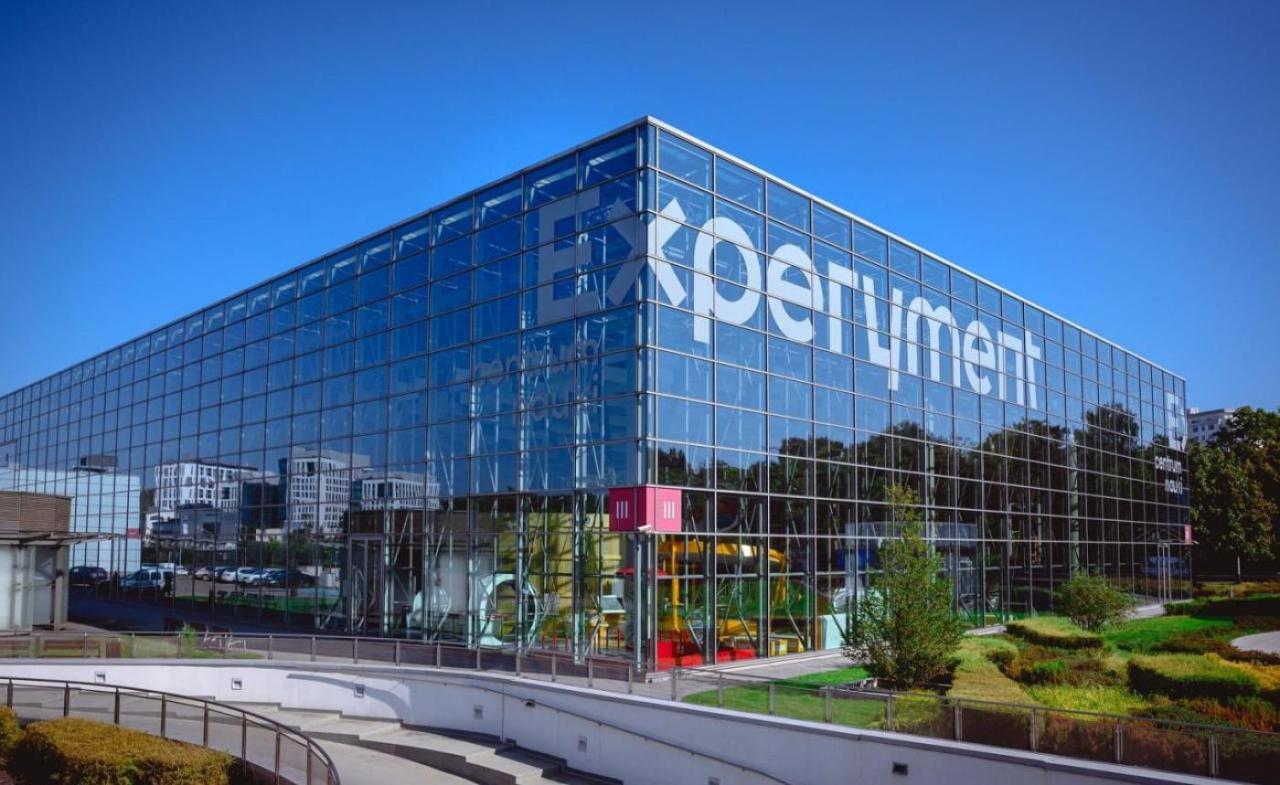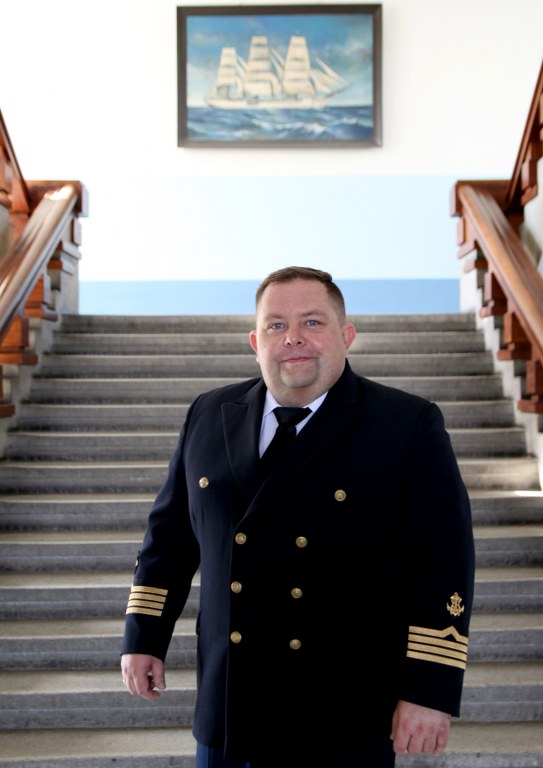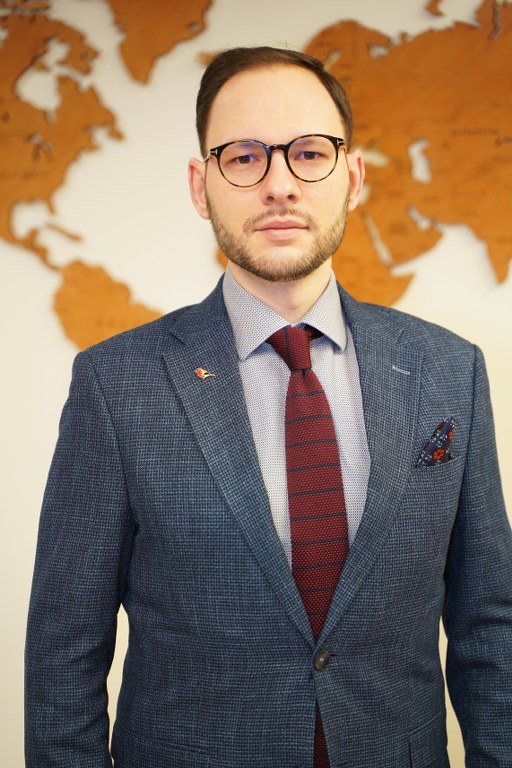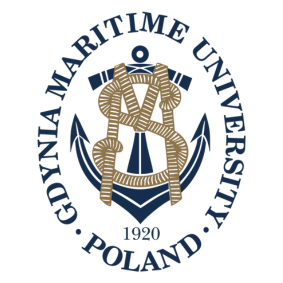GMU Scientists Give Lectures at Experyment Science Centre as part of Local Science Advocates Project

Local Science Advocates is a project designed to train university academic staff to become Local Science Advocates – educators ready to create and share engaging scientific content with a broad audience, inspiring interest in the fascinating world of science.
As part of the project, GMU scientists were welcomed to the Experyment Science Centre in January and April 2025, where they gave lectures to senior citizens as part of the ‘Curious about the World 2.0’ [Ciekawi świata 2.0] initiative.

During a special lecture, Dr Damian Bisewski of the Faculty of Electrical Engineering gave a special lecture in which he showed how technology is inspired by nature, including demonstrating the application of a genetic algorithm to optimisation problems. The functioning of the algorithm resembles the phenomenon of biological evolution and is based on adaptive processes observed in nature, such as the concept of natural selection and inheritance.
Dr Bisewski also discussed the construction and rules of functioning of the genetic algorithm. Using the discussed algorithm, Dr Bisewski presented the solution to a maths problem. The lecture took place on 9 April 2025.

Previously on 10 January 2025, Dr Mateusz Gil, an assistant professor in the Department of Navigation at the Faculty of Navigation, gave a talk on the transformation of shipping and maritime navigation in recent decades. The lecture presented the modern-day trends in maritime shipping, focusing on technology broadly referred to as ‘Shipping 4.0’. Dr Gil discussed the concept of the 4th industrial revolution (‘Industry 4.0’) and its application within the maritime sector. Shipping 4.0 is primarily based on the use of modern technologies, such as artificial intelligence, the Internet of Things (IoT), autonomous vessels, the use of big data, and advanced navigation systems. The lecture presented the topic of the transformation of maritime shipping and navigation – from traditional methods to autonomous systems, where computers make most decisions based on advanced real-time data analysis.
Dr Mateusz Gil also touched on the challenges posed to modern shipping by the forthcoming industrial revolution, such as cybersecurity, the need for investment in infrastructure, and the need to retrain crew members to work effectively with new technologies.
The lecturers given by the Local Science Advocates can also be heard as part of the University’s Scholarly Evenings with GMU initiative, every second Wednesday of the month at 18:00 at the Faculty of Navigation (Aleja Jana Pawła II 3). The lecturers (in Polish) are open to all and entry is free of charge.

